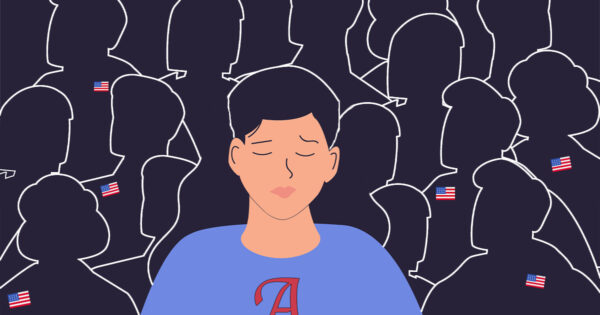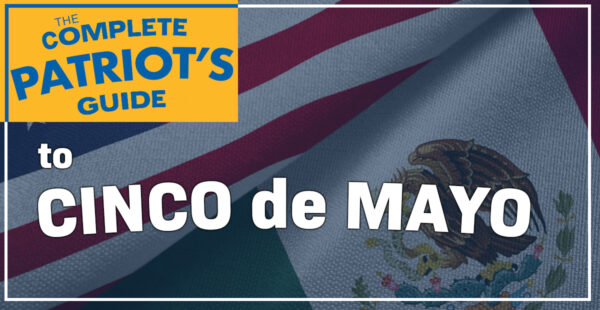Regeneration – the ability to restore, reignite, revive in perpetuity. To regrow when cut, to restart when halted, to recycle when given “waste.”
Nature regenerates all the time. It is the reason trees, grass and flowers return in the spring. The natural balance of things recognizes all parts and contributions as inherently valuable, something that is never wasted. For example, the scat left behind from an animal becomes shelter and nutrition for insects, which provide nutrients to plants and fungi, which then become food for animals. The cycle of life is always regenerating.
Interestingly enough, though, humans have bought into the myth of “waste.” Something that is no longer of worth or value once it can no longer serve its intended specific function. The problem with this mentality is that it creates more problems than it solves.
It is easy to throw something like a plastic cup “away,” but all that means is out of sight. It has not actually gone away. Quite the contrary, the Capri Sun I had at soccer practice when I was 10 is actually still on this planet, just somewhere I don’t know. This degenerative framework carries over to how our society also treats people and our governance.
 People who are homeless, incarcerated, under-educated, handicapped, afflicted by poverty, disconnected, or frankly, underprivileged, and are tossed aside by society and treated as if they are no longer useful.
People who are homeless, incarcerated, under-educated, handicapped, afflicted by poverty, disconnected, or frankly, underprivileged, and are tossed aside by society and treated as if they are no longer useful.
It is important to recognize that nothing is ever wasted unless it is perceived as so. Broadening our perspective as to how energy is directed and displaced will help us continue to move forward, instead of thinking we are being set back. We must see the person without a home as a possible environmental steward, the person once incarcerated as a creative entrepreneur, instead of just “homeless” or “criminal.”
How do we constitute and implement regenerative thinking into policymaking and social change? Through a People’s Agenda. A People’s Agenda is a nonpartisan, intersectional, community-led brainstorming process that invites people of all walks of life to contribute to the formation of a set of goals and desired outcomes.
What makes this different from party-based platforms is that it centers inclusion over affiliation and allows everyone to have a chance to state what matters to them. This means anyone, regardless of race, age, documentation status, etc. is able to have say in the formation of the Agenda.
Once ideas and areas of concern are noted, they are then sorted and organized by their commonalities, action steps, or other categories that make sense according to the people. This process encourages people to dialogue with one another and learn from each other’s experiences that then inform elements of the Agenda.
Brainstorming and discussion is vital to community development and well-being. Too often we think yard signs are clear indicators of our neighbors’ belief systems when we know that our personal beliefs are far more nuanced. The Agenda is a living document, formed by the people for the people which enables it to be adaptive and ultimately, regenerative.
For example, I would advocate for water-based policymaking. Meaning, when deciding on property rights, environmental regulations, code enforcement, and more, that the impact and role of water in the process be heavily considered and defended. Why? Because water is essential to life. There is no economy without water, especially if it is compromised, so therefore, we ought to consider water when making any decision – as nature does. It also considers the indigenous heritage of the land and reincorporates sacredness back into our policy decisions.
A People’s Agenda is one tool available to everyone to contribute to a platform that any candidate, public official, organization, corporation, or other entity can be held to. This is a way to develop social accountability that is consistently informed by the real needs of all people instead of the special interests of one party or corporation.
If we wish to not just survive but thrive in the future, we must introduce new words into our vocabulary. The words we use shape our world. To ensure our collective decisions contribute to a sustainable environment for all humans and non-humans alike, we need to think of our actions within a regenerative life cycle.
We live in an ecosystem, we are one part of a dynamic whole, and we must come together in our humanity to see the brighter day. No one is useless. No thing is wasted. It is how we see them and what we do that makes the difference.
![]()
An artist, journalist, and social entrepreneur, Dawaune worked in arts advocacy and communications before joining forces with The Omaha Star, Nebraska’s oldest black-owned newspaper, and 101.3 FM Mind & Soul Radio to develop NOISE – North Omaha Information Support Everyone – in 2018.




